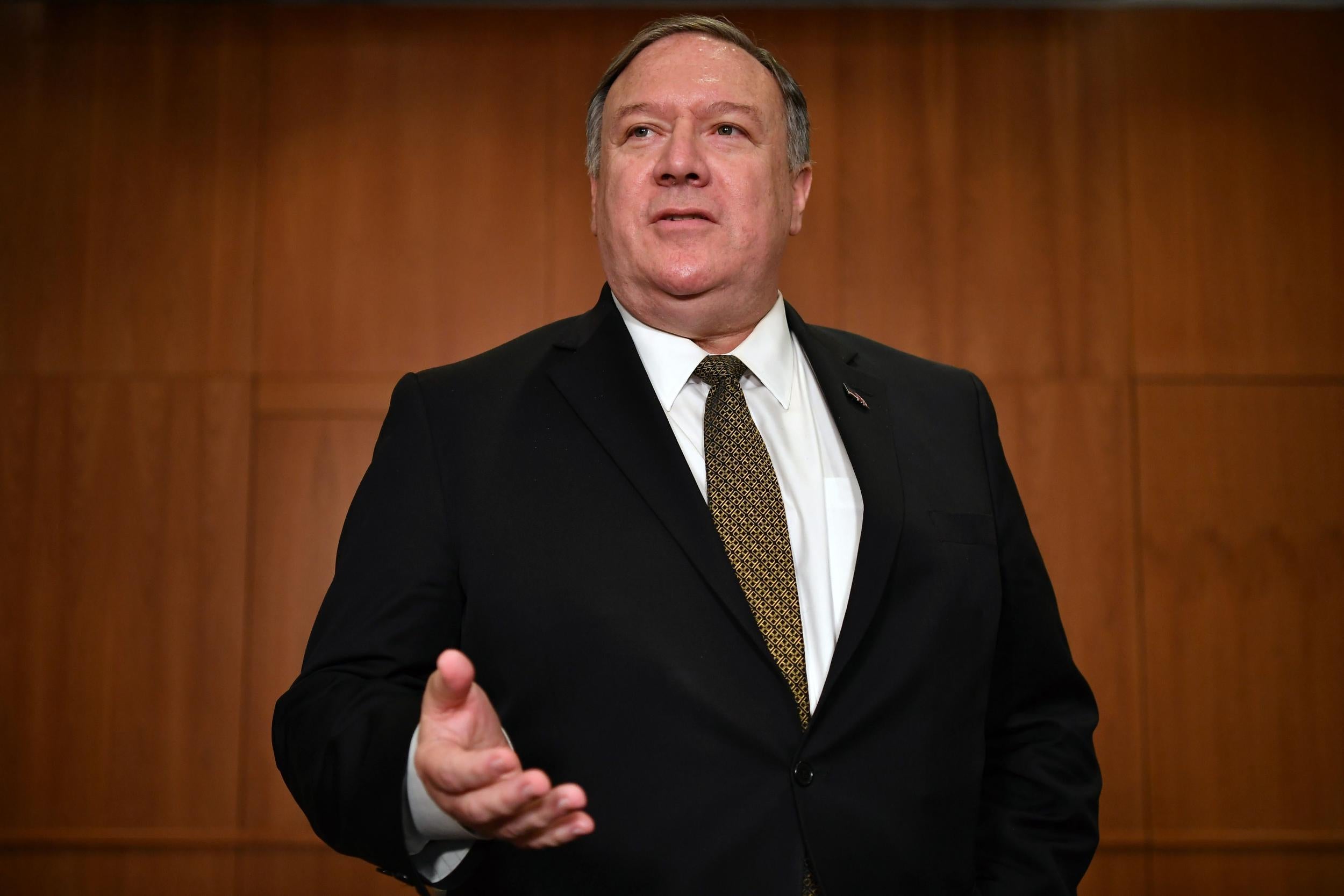US refuses to sign declaration protecting the Arctic because it references climate change
It's the first declaration cancelled by the Arctic Council since its 1996 formation

The US refused to sign an agreement on challenges facing the Arctic due to its wording regarding climate change. The refusal puts global cooperation in an effort to stop drastic effects of climate change in jeopardy.
Eight nations that border the Arctic, known as the Arctic Council, met in Rovaniemi in Finland on Tuesday in hopes of framing a two-year agenda to balance prevention of further damage by climate change with sustainable development of mineral wealth.
In the first cancellation of a declaration by the Arctic Council since its formation in 1996, the US disagreed with wording in the declaration that referred to climate change as a serious threat, according to sources with knowledge of the discussions among diplomats.
The official refusal comes just after Secretary of State Mike Pompeo actually praised the effects of climate change on the arctic, citing “new opportunities for trade” created by “steady reductions in sea ice.”
This referral to one of climate change’s most destructive effects, which scientists say will produce more severe weather and drastically raise sea levels, as a positive trade effect was a shocking statement from the Trump Administration, which has constistently stumbled around the president’s long-lasting refusal to commit to the reality of climate change.
The Arctic is believed to contain around 13 per cent of the world’s undiscovered reserves of oil and 30 percent of its reserves of natural gas. Its steadily melting ice would make reaching these reserves more feasible.
In lieu of the proposed declaration, ministers from the United States, Canada, Russia, Finland, Norway, Denmark, Sweden and Iceland instead issued a statement reaffirming their commitment to “sustainable development and to the protection of the Arctic environment.”
Finnish Foreign Minister Timo Soini told reporters in a separate statement that “A majority of us regarded climate change as a fundamental challenge facing the Arctic and acknowledged the urgent need to take mitigation and adaptation actions and to strengthen resilience.”
“I don’t want to name and blame anyone,” Mr Soini added.
Join our commenting forum
Join thought-provoking conversations, follow other Independent readers and see their replies
Comments
Bookmark popover
Removed from bookmarks